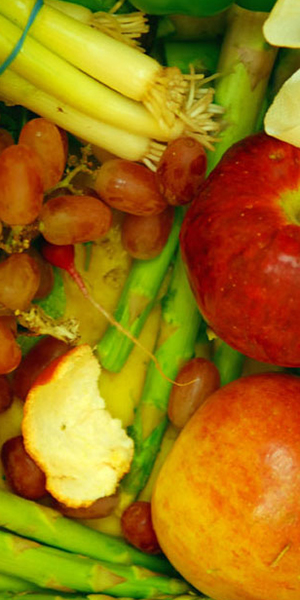We can help you take the next step!
Vermont has well-established resources and information available through the Vermont Agency of Natural Resources (VT ANR) and local solid waste management districts and alliances. The Center for EcoTechnology (CET) and VT ANR share information and best practices on wasted food prevention and diversion; CET presented at the 2016 Vermont Organics Recycling Summit and participated in the Vermont Act 148 Business Outreach Group to help the state make progress on achieving its ACT 148 goals.
Helpful Vermont Wasted Food Resources
- Resources created by the Vermont Department of Environmental Conservation:
- Food Scrap Volume Estimator
- Universal Recycling FAQs for Businesses and Institutions: Information sheet about the phasing in of the universal recycling law and how it will affect business and institution operations.
- Universal Recycling Materials Management Map: Connects residents, businesses, and institutions with solid waste services, haulers, composters, and food rescue agencies with sources of food and food scraps.
- VT Commercial and Residential Food Scrap Hauler Directory: Directory of food scrap haulers, updated in June 2017 by the Vermont Department of Conservation.
- VT Food Scrap Hauling How-To Guide Information on how to collect food scraps for haulers.
- Solid Waste Management Program: Information on how to properly store, treat, transport, and dispose of solid waste materials.
- List and map of local waste management authorities
- Vermont Agency of Natural Resources list of waste management districts, alliances, and towns. Local authorities provide information to residents, businesses, and waste haulers about local disposal, recycling, and composting options.
- Food donation guidance for Vermont businesses and institutions
- Guidance from the Vermont Agency of Natural Resources and Vermont Department of Health’s guidelines on donating food from Vermont businesses or institutions.
Vermont Legal/Regulatory Requirement
- Every state has specific state-level legal and regulatory requirements regarding food waste and food donation. ReFED, a national food waste prevention nonprofit, created a searchable database of state-by-state food waste policies and regulations, in collaboration with the Harvard Food Law and Policy Clinic. View the Vermont food waste policy page for specific, up-to-date information about Vermont’s food waste laws.
- The Emerson Act
- The Federal Emerson Act (Public Law 104-210) protects donors from liability when donating to nonprofit organizations and protects donors from civil and criminal liability should the product, donated in good faith, later cause harm to the needy recipient.
- Helpful fact sheets on food donation from Harvard Food Law and Policy Clinic
Toolbox
For more information regarding food waste estimates, source separation guidance, and how to start a food donation program, open CET’s Toolbox.
TAKE THE NEXT STEP, CONTACT US!
Contact CET to learn more about food recovery and waste diversion opportunities for your business, institution, customers, or association members:
